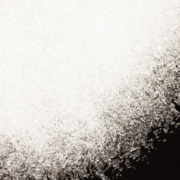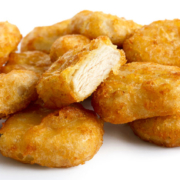Early Research on MSG
People have been ranting against MSG for decades, but I never paid attention until I read a study on a group of subjects who said they had a negative response to eating Asian foods. The subjects were tested under four scenarios consecutively, dependent on their response to the prior test results. The study demonstrated that when exposed to massive amounts of MSG versus a placebo, there were no consistent responses from this sensitive group of subjects. That’s meaningful because it challenged common knowledge.
That common knowledge began with a letter to the New England Journal of Medicine by a physician after reporting symptoms he felt after eating a meal of Asian foods; it wasn’t research, just a personal anecdote. At the same time, a researcher from Washington University in St. Louis began a series of studies on glutamate and other protein precursors that demonstrated the excitotoxicity affects on brain tissue; excitotoxicity (ex-SIGHT-o-tox-ISS-i-ty) refers to nerve cells being damaged or killed by excessive stimulation by the neurotransmitter glutamate. That was when the bulk of the negative research on MSG drew attention. However, over a period of years, other researchers attempted to duplicate those studies with unsuccessful results.
Where does that leave us? Other than a variety of conspiracy theories, MSG doesn’t seem to have the negative impact that has been attributed to it. I’ll finish this up on Saturday but my original question still stands: if you feel you respond negatively to MSG, reply to this email and I’ll let you know the results next week.
What are you prepared to do today?
Dr. Chet
References:
1. N Engl J Med 1968; 278:796.
2. Science. 1969 May 9;164(3880):719-21.









